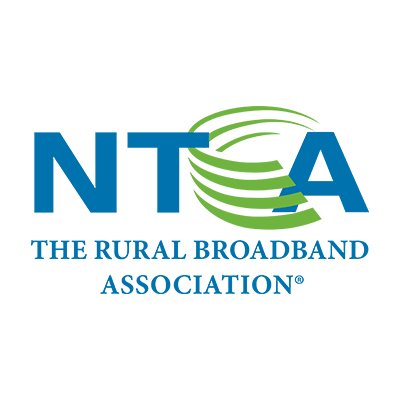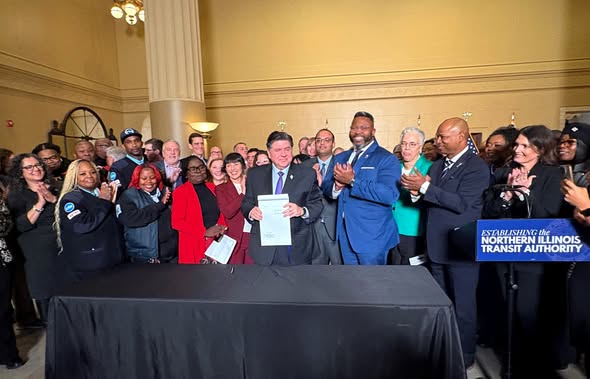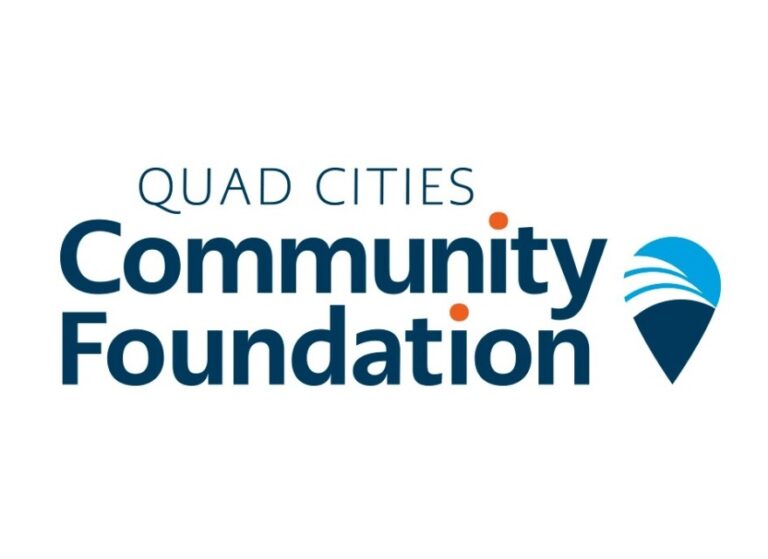A bipartisan group of lawmakers that includes U.S. Rep. Eric Sorensen, D-Moline, is promoting a pair of bills they say will expand access to affordable, high-speed broadband internet in rural communities across Illinois, Iowa and the nation.
Mr. Sorensen, who represents Illinois’ 17th Congressional District, joined U.S. Rep. Zach Nunn, R-Iowa, and Rep. Gabe Vasquez, D-New Mexico, in reintroducing the ReConnecting Rural America Act (HR4227). It would permanently authorize and improve the U.S. Department of Agriculture’s (USDA) ReConnect Program. It delivers broadband to underserved rural communities.
Mr. Sorensen also is backing the revival of the Rural Broadband Assistance Act HR 2399 that was passed by the House on Monday, April 28. It is designed to make it easier for small towns, local governments, nonprofits and rural businesses to access expert support when applying for broadband funding. That will help ensure communities have the help they need to get connected, a bill synopsis said.
“Every hometown in Illinois deserves the necessary tools to stay connected and grow,” Mr. Sorensen said in a news release. “Whether it’s helping our neighbors get the support they need to apply for broadband funding or strengthening programs that bring faster internet to places that need it most, these bills are about making sure rural America isn’t left behind.”
Mr. Sorensen added during a virtual news conference that both bills would make their way into the new farm bill that will be tackled in Congress. The old one is expected to expire at the end of September 2025.
“Nearly 400,000 Iowans do not have access to a reliable internet connection. That’s a student who can’t finish their homework, a farmer who can’t utilize precision ag tools, or a senior who can’t access telehealth services,” Mr. Nunn said in a separate news release.
Success needs connectivity
“This is unacceptable in a modern economy where success is determined by connectivity,” he added. “The ReConnecting Rural America Act delivers high-speed internet to the hardest-to-reach places by making targeted, permanent investments in rural broadband.”
Nearly one in five Iowans still lack access to basic broadband. The state still lacks access to basic broadband services, and Iowa ranks 45th in broadband access nationally.
“In our interconnected world, it is essential that American families and small businesses across the country have access to reliable high-speed internet no matter where they live,” Mr. Sorensen said. “The ReConnect Program helps do that by delivering affordable internet to rural communities that too often find themselves left behind. I’m proud to support bipartisan legislation that will improve this program to help our small business compete globally and ensure families can connect with loved ones, school, and health care providers.”
Mr. Vasquez added, “In 2025, It is unacceptable for rural and Tribal communities in New Mexico to lack reliable internet. Internet access allows communities to pursue education, apply for jobs, access health services, run a business, and connect with their communities and the world. This is an important step in strengthening our communities and ensuring New Mexicans stay connected.”
Bridging digital divide
Shirley Bloomfield is the NTCA Rural Broadband Association. She lauded Mr. Nunn for his leadership on issues that matter to Iowans. “As small broadband providers in rural areas work tirelessly to bridge the digital divide, the ReConnect program has been an important resource to get the job done,” she said.
“The ReConnecting Rural America Act improves upon this already successful program to better target funding where it is needed most, recognizes that experience matters when it comes to delivering rural broadband, and ensures that those in the most rural and hard to serve areas receive the same high-quality, high-speed broadband as those in urban areas.”
Mr. Nunn’s office said ReConnecting Rural America Act would codify and enhance the ReConnect Program within the Rural Electrification Act, establishing stronger minimum broadband speeds and ensuring federal support reaches the communities most in need of internet service upgrades.
Among the ways it addresses disparities in internet connection are:
- Authorizing $650 million annually through 2030 for broadband deployment in unserved and underserved rural areas.
- Requiring a minimum broadband speed of 100 Mbps upload and 100 Mbps download.
- Focusing funding on areas where at least 75% of households lack access to 100/20 Mbps service.
- Allowing the U.S. Department of Agriculture to offer a mix of loans, grants, and loan/grant combinations.
- Prioritizing small, remote, and underserved rural communities.
- Providing up to 100% grant funding for tribal areas, colonias, and other socially vulnerable or persistently poor communities.
The bill also supports broadband deployment for precision agriculture on cropland and ranchland. It ensures participating providers can join affordability programs such as Lifeline or the Affordable Connectivity Program.
The text of the bill can be found here.







